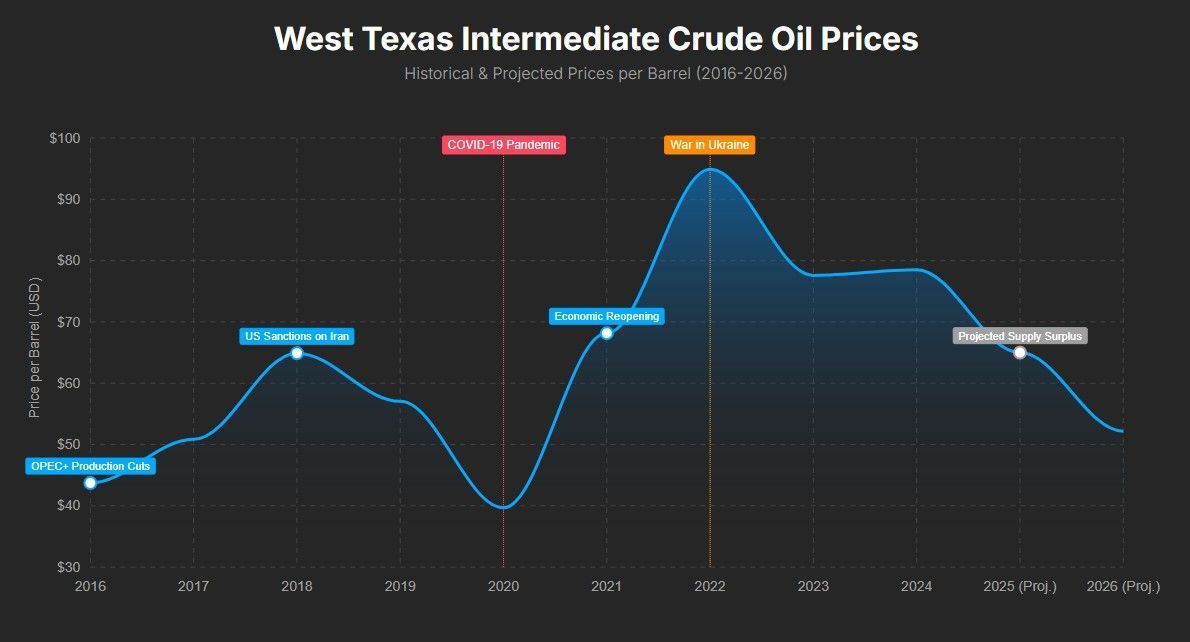How Houston Industrial Companies can Use GEO to Appear in AI Search Results
Doug Mansfield • October 31, 2025
Houston has a formidable worldwide reputation. When people across the globe think of energy, manufacturing, maritime, and industrial solutions, they think of Houston. As someone who has built my career in this city, I've seen firsthand that this reputation is our collective greatest asset. We can use this to help increase the chance of being discovered by new customers in AI search results.

This fact, unto itself, is a powerful tool for being discovered by global markets seeking solutions in our region. We're not just talking about being found by other companies here in Houston; we're talking about being discovered by purchasing decision-makers globally who bring incredible opportunities to Houston's industrial businesses.
Today, those purchasing decision-makers are increasingly being influenced by AI search results. These new generative AI tools establish an immediate sense of trust and authority for the companies they reference. What ends as a hot sales lead from a phone call or a form on your website may very well have started with that prospect's first exposure to your brand in an AI-generated answer.
The game is changing. It's no longer just about ranking #1. It's about becoming the source for the answer. This is the core of Generative Engine Optimization (GEO).
SEO vs. AEO vs. GEO: You Need All Three
I'd like to make sure we're all on the same page with some basic terminology, especially as it relates to LLMs (Large Language Models).
- SEO (Search Engine Optimization): This is the traditional practice of optimizing your website to appear in the organic Google and Bing search results. This is still the foundation of all search visibility.
- AEO (Answer Engine Optimization): This is the practice of optimizing your content to appear in "zero-click" scenarios, like the "featured snippet" at the top of a Google page or in a voice-assistant answer.
- GEO (Generative Engine Optimization): This is the future. GEO is the practice of optimizing your content to be cited and included in the conversational summaries generated by Large Language Models (LLMs) like Google's AI Overviews, ChatGPT, and Google Gemini.
Here's the key: you don't have to choose one. You should be pursuing all three. If your website is already well-optimized for SEO, you have a chance of being discovered in AI search results. But we can take specific steps to improve the likelihood of this happening.
What Do We Mean by "Houston Industrial"?
When I talk about "industrial," I'm referring to the backbone of Houston's economy. This includes a wide range of sub-sectors, and the marketing and sales strategies share similarities that consumer-facing businesses don't. I'm talking about companies in:
- Oil & Gas
- Maritime and Logistics
- Energy and Energy Transmission
- Manufacturing and Fabrication
- Machine Shops and Welding
- Construction and Specialty Contractors
- Safety and Environmental Services
Your Website: Salesperson vs. Expert Authority
Your website's main pages (Homepage, About, Services) are correctly designed to be sales-centric. I call this your "24/7 salesperson". This content is designed to speak for you and inspire the people who visit to choose you over competitors.
But today, we need to do more in regards to marketing our Houston industrial business. We must also convince LLMs that we are the definitive answer to the questions our potential customers are trying to solve. This requires a different kind of content—content that is perceived as genuinely helpful, unbiased, and educational, not just "sales-speak."
Here are some practical examples of page titles designed to resonate with a technical, industrial audience and, in turn, be cited by AI:
- For Oil &Gas: "A Technical Comparison of API 6A and API 17D Wellhead Flanges for Subsea Applications"
- For Maritime: "The 5 Most Common Causes of Ballast Water Treatment System Failures in the Houston Ship Channel"
- For Manufacturing: "An Engineer's Guide to ISO 9001 vs. AS9100 Certification for Texas-Based Shops"
- For Energy/Safety: "Key Revisions in the 2026 OSHA Standards for Gulf Coast Energy Producers"
- For Construction: "Evaluating Soil Composition: A Foundation Contractor's Guide to Houston's Gumbo Clay"
- For Machine Shops: "A Guide to Material Selection: Inconel vs. Hastelloy for High-Corrosion Environments"
This strategy isn't limited to just blog posts. Other forms of content that are highly likely to be cited by LLMs include in-depth whitepapers, industry surveys with original data, detailed technical reports, and case studies that include measurable data and outcomes.
Where Do We Publish This Content?
This is a critical question. We don't want to overcrowd your handsome, sales-focused website menu with links to technical articles that don't directly sell. We must avoid confusing a customer who visits your site ready to buy with a deluge of content meant for someone in the discovery phase.
This is where a Blog (or "News," or "Resources" section) is invaluable. It provides a home for a steady stream of this new, authoritative content without cluttering your website's primary sales messaging. Alternatively, you can build out an FAQ page with links to this deeper content, which is also great for search.
Remember, the goal is to be cited in AI search results, but not at the expense of your website's visitor-to-lead conversion rate.
How to Create Content LLMs Trust: E-E-A-T
When creating this content, there are several factors to consider. The most important concept is E-E-A-T, which stands for Experience, Expertise, Authoritativeness, and Trustworthiness. Google's own raters use this to judge content quality, and AI models are built to do the same.
- Experience: Prove you've actually done the work. This is shown through first-hand case studies and detailed author biographies.
- Expertise: Demonstrate your deep knowledge. This is the technical, in-depth content itself.
- Authoritativeness: Show that others in your industry respect you. This is built through backlinks from other reputable sites, professional memberships, and citations.
- Trustworthiness: Be transparent. This means having a secure website (HTTPS), clear contact information, and consistent business listings across the web.
My name is Doug Mansfield, and this is what I do for a living. I offer Houston's industrial and B2B companies a means to bridge the gap between their deep expertise and the digital strategies that generate sales. I appreciate that many company founders are energized by this work and prefer to manage their marketing in-house. I respect that.
But if you prefer to delegate this critical task to a trusted, local source with proven experience, I would appreciate the opportunity to be on the short list of solutions you consider.
This blog post was created by Doug Mansfield, president and founder of Mansfield Marketing











